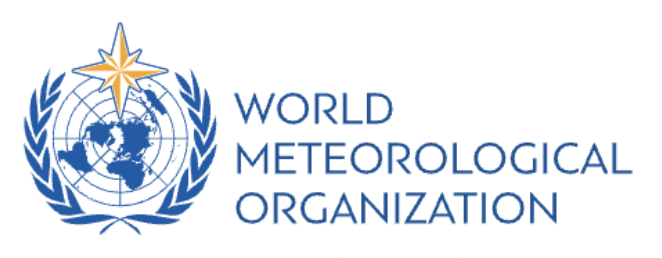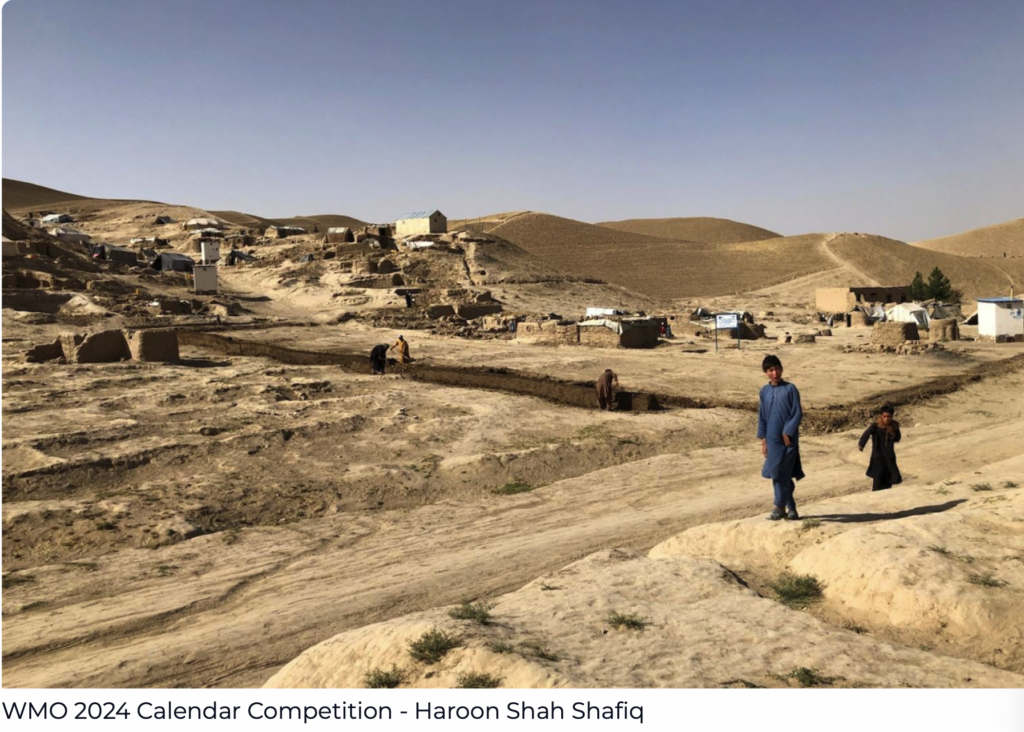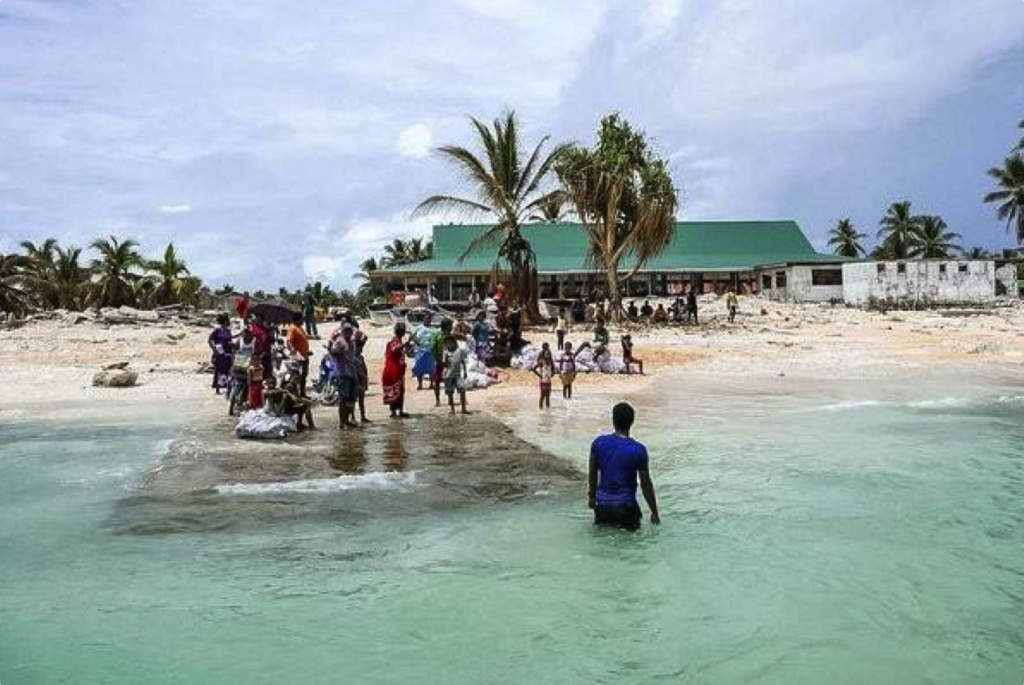Roving seminars for farmers’ self-reliance
Early warning in Burkina Faso has been evolving from drought and locust monitoring to warning on multiple hazards. But food security remains a critical issue. Nearly 1 in 5 people are undernourished and a quarter of all children are stunted. Drought, conflict, and poverty are the major culprits.
To make farmers more self-reliant in tackling weather and climate issues affecting production and income, they – along with local radio staff and extension agents from the Ministry of Agriculture – are trained and guided on using weather and climate information for farming needs. Since 2018, that has happened 3 to 4 times a year through ‘roving seminars’ at project pilot sites of Niangoloko, Tenado, and Titao. These regular mobile training sessions build and entrench learning for self-reliance. They also increase interaction between farmers and national hydro-met entities – so farmers get the services they need for greater food security.



